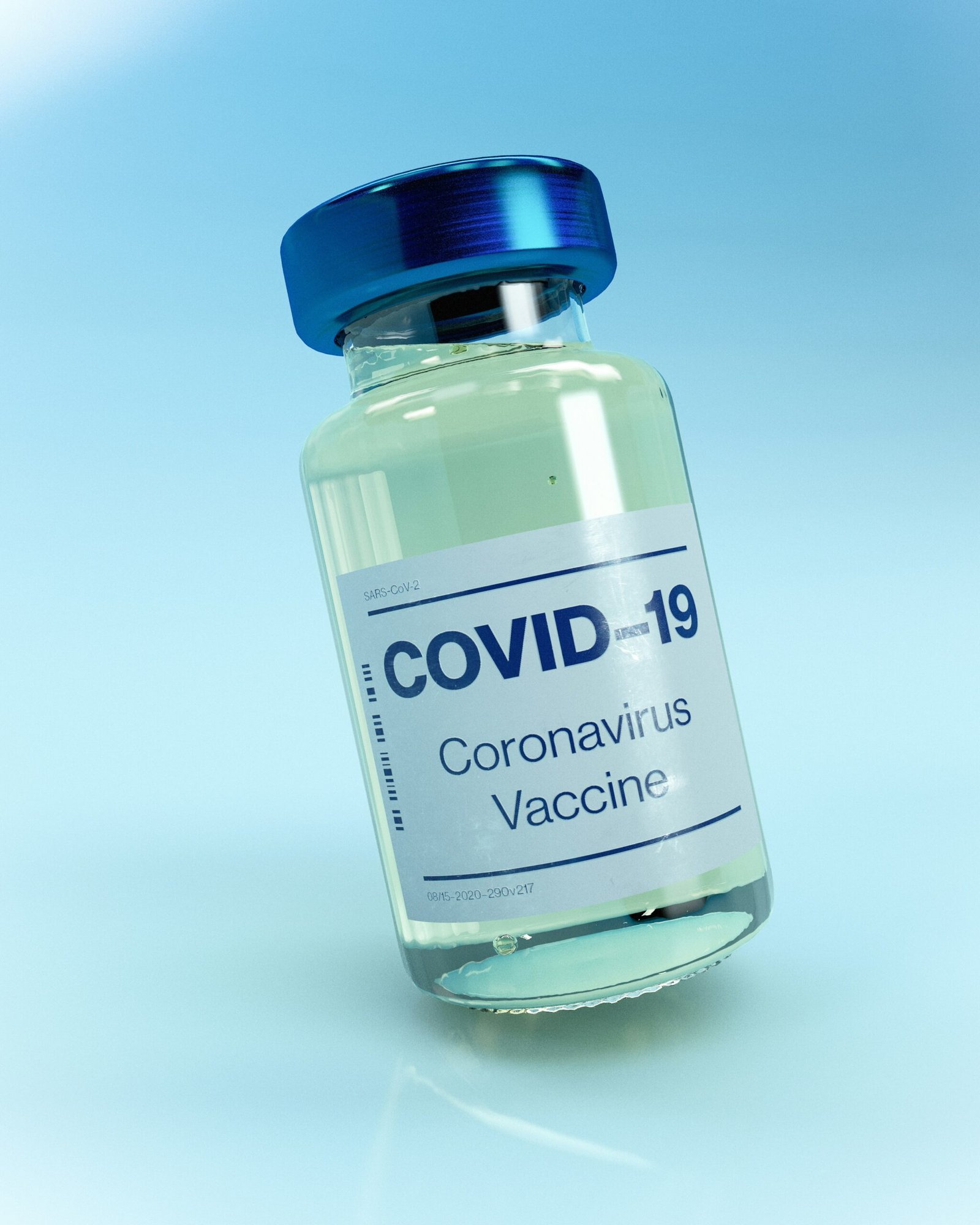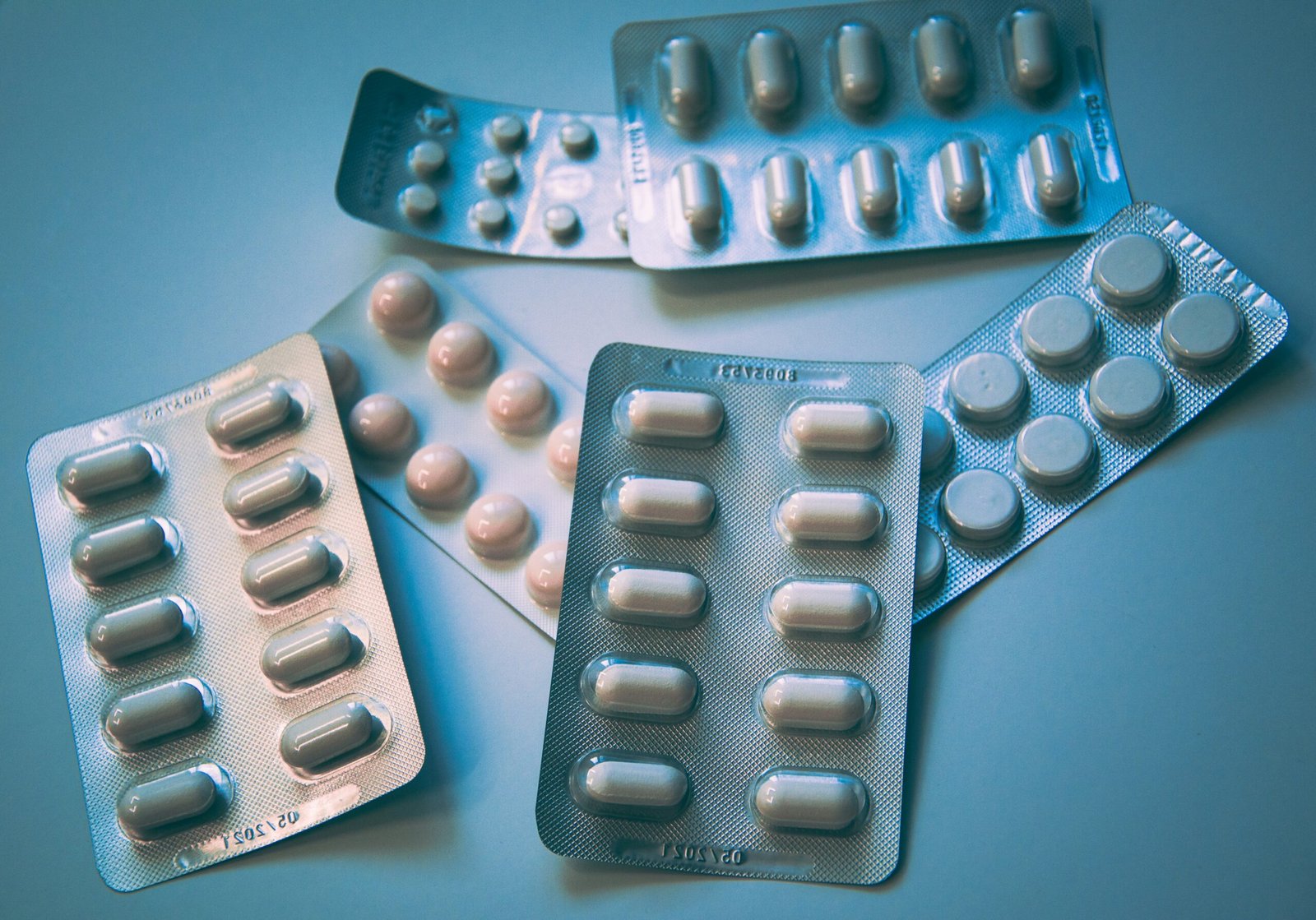Have you ever wondered if there is a secret remedy for gout that can provide much-needed relief? Well, you're in luck! In this article, we'll explore an incredible hidden solution that many people swear by. Gout, a form of arthritis, can be an incredibly painful and debilitating condition. Without the right treatment, the joint inflammation can worsen over time, leading to severe discomfort and immobility. But fear not! Discover how this secret remedy can potentially alleviate your gout symptoms and improve your quality of life. So, if you're ready to learn about this game-changer, keep reading!
Understanding Gout
Gout is a form of inflammatory arthritis, characterized by sudden and severe pain, swelling, and redness in the joints. It primarily affects the joints in the feet and especially the big toe. This condition occurs when there is a build-up of uric acid in the bloodstream, leading to the formation of urate crystals in the joints. The exact cause of gout is not fully understood, but it is believed to be influenced by both genetic and environmental factors.
Definition of Gout
Gout is a type of arthritis that results from the deposition of urate crystals in the joints, leading to intense pain and inflammation. It is considered a chronic condition that requires long-term management to prevent recurrent episodes and the development of complications.
Symptoms of Gout
The most common symptom of gout is a sudden and severe pain in the affected joint, accompanied by swelling and redness. The pain is often described as throbbing or excruciating and can be so intense that even the weight of a bedsheet on the joint can be unbearable. These gout attacks usually occur at night and can last for a few days to a couple of weeks. Other symptoms may include warmth and tenderness in the affected area, limited range of motion in the joint, and the formation of visible tophi, which are lumps under the skin caused by urate crystal deposits.
Types of Gout
There are two primary types of gout: acute gout and chronic gout. Acute gout refers to the sudden onset of gout attacks, characterized by intense pain and inflammation. Chronic gout, on the other hand, refers to a long-term condition where individuals experience recurrent gout attacks, leading to joint damage and the formation of tophi.
Causes and Risk Factors of Gout
Gout is primarily caused by the accumulation of uric acid in the bloodstream, which then crystallizes and gets deposited in the joints. The overproduction or underexcretion of uric acid can lead to elevated levels in the blood, increasing the likelihood of developing gout. Several risk factors can contribute to the development of gout, including genetics, diet high in purines (substances found in certain foods), obesity, excessive alcohol consumption, certain medical conditions (such as high blood pressure and kidney disease), and certain medications.
Banking on Traditional Treatments
Traditional treatments for gout are aimed at relieving pain and reducing inflammation during acute attacks, as well as preventing future gout attacks.
Role of Non-Steroidal Anti-Inflammatory Drugs (NSAIDs)
Non-steroidal anti-inflammatory drugs, or NSAIDs, are commonly prescribed for the management of gout. These medications help reduce pain, swelling, and inflammation by inhibiting the production of prostaglandins, which are substances that play a role in the body's inflammatory response. NSAIDs can provide effective relief during acute gout attacks, but they should be used cautiously and under the guidance of a healthcare professional, as they can cause side effects such as stomach ulcers, kidney problems, and cardiovascular issues.
Importance of Colchicine
Colchicine is another medication commonly used to treat gout. It works by reducing the inflammatory response in the affected joints, thereby alleviating pain and swelling. Colchicine is often prescribed as an initial treatment for acute gout attacks, as well as for the prevention of recurrent attacks. It is important to note that colchicine can have side effects such as gastrointestinal upset, so it should be taken under medical supervision.
Role of Corticosteroids
Corticosteroids, such as prednisone, can be used to manage gout attacks when NSAIDs and colchicine are not suitable options. These medications work by reducing inflammation and suppressing the immune system's response. Corticosteroids can be taken orally, injected into the affected joint, or administered intravenously during severe gout attacks. However, long-term use of corticosteroids can have significant side effects, so they are typically used for short periods.

Looking at Modern Medications
In addition to traditional treatments, there are modern medications available for the management of gout. These medications aim to lower the levels of uric acid in the blood, either by reducing its production or increasing its elimination.
Medications that Block Uric Acid Production
Xanthine oxidase inhibitors, such as allopurinol and febuxostat, are commonly prescribed medications that help lower uric acid levels by inhibiting the enzyme responsible for its production. These medications are generally used for long-term management and prevention of gout attacks. It is important to note that starting these medications can sometimes lead to an initial increase in gout attacks, so they should be initiated under medical supervision.
Medications that Improve Uric Acid Removal
Uricosuric agents, such as probenecid and lesinurad, work by increasing the excretion of uric acid in the urine. These medications can be helpful for individuals with underexcretion of uric acid, as they help improve its elimination from the body. Uricosuric agents are typically used in combination with xanthine oxidase inhibitors to achieve optimal uric acid control.
Importance of Hydration
Proper hydration plays a crucial role in the management of gout, as it helps prevent the accumulation of uric acid in the bloodstream and promotes its elimination.
Role of Water in Managing Gout
Drinking an adequate amount of water is important for individuals with gout, as it helps to dilute the uric acid in the blood and increases urine output, thereby promoting the excretion of uric acid from the body. Staying hydrated also supports overall joint health and helps prevent the formation of urate crystals in the joints.
Recommended Water Intake for Gout Patients
It is recommended that individuals with gout aim to drink at least 8-12 cups (64-96 ounces) of water per day. However, the specific water intake may vary depending on individual factors such as body weight, activity level, and climate. Consulting with a healthcare professional can help determine the appropriate water intake for each person's unique situation.

The Value of Diet
Diet plays a significant role in managing gout, as certain foods can either increase or decrease uric acid levels in the body.
Foods to Avoid with Gout
Foods that are high in purines should be limited or avoided by individuals with gout. Purines are substances that are naturally found in certain foods and can contribute to the production of uric acid in the body. Foods to avoid include organ meats (liver, kidneys), shellfish, red meat, processed meats, sugary drinks, and alcohol, particularly beer.
Recommended Foods for Gout Patients
Gout patients are encouraged to consume a well-balanced diet that includes plenty of fruits, vegetables, whole grains, and low-fat dairy products. Additionally, incorporating foods that have been shown to have anti-inflammatory properties, such as cherries, strawberries, and olive oil, may be beneficial for managing gout. These foods can help reduce inflammation and provide important nutrients that support overall joint health.
Benefits of Weight Management
Maintaining a healthy weight is essential for managing gout, as obesity is a significant risk factor for developing the condition and can worsen its symptoms.
Correlation Between Obesity and Gout
There is a strong link between obesity and gout, as excess body weight can lead to increased uric acid levels in the blood. Adipose tissue, or fat cells, promote the production of uric acid and impair its elimination, thereby increasing the risk of gout development or worsening of existing gout symptoms.
Role of Weight Loss in Gout Management
Losing weight can significantly improve gout symptoms and reduce the frequency of gout attacks. Weight loss helps decrease uric acid levels in the blood, relieve pressure on the joints, and improve overall joint function. Adopting a balanced and healthy eating plan, combined with regular physical activity, can help achieve and maintain a healthy weight, leading to better management of gout.

Role of Exercise
Regular exercise is beneficial for individuals with gout, as it helps maintain joint flexibility, strengthen muscles supporting the joints, and improve overall cardiovascular health.
Recommended Exercises for Gout Patients
Low-impact exercises such as walking, swimming, and cycling are generally recommended for individuals with gout. These exercises provide cardiovascular benefits without putting excessive stress on the joints. Stretching exercises, such as yoga or tai chi, can also help improve joint flexibility and range of motion.
Precautions to Take While Exercising
Individuals with gout should be mindful of certain precautions while exercising to avoid triggering a gout attack. It is important to start slowly and gradually increase the intensity and duration of the exercise to allow the body to adapt. Wearing appropriate footwear and protective gear can help reduce the risk of joint injury, and applying ice or taking over-the-counter pain relievers after exercise can help alleviate any post-exercise joint discomfort.
Impact of Lifestyle Changes
Unhealthy lifestyle habits can significantly impact gout symptoms and overall disease management. Making positive lifestyle changes can contribute to better gout control and overall well-being.
Effect of Alcohol Consumption on Gout
Alcohol, particularly beer, is known to increase uric acid levels in the body and can trigger gout attacks. It is advisable for individuals with gout to limit or avoid alcohol consumption to minimize the risk of exacerbating symptoms. If alcohol is consumed, it should be in moderation and accompanied by proper hydration.
Importance of Quitting Smoking for Gout Patients
Smoking tobacco is associated with an increased risk of developing gout and worsening its symptoms. Smoking can negatively affect blood circulation, joint health, and the body's immune response, making gout management more challenging. Quitting smoking not only improves overall health but can also lead to better control of gout symptoms.
Exploring Natural Remedies
Certain natural remedies have been suggested to have potential benefits in managing gout, although more research is needed to establish their effectiveness.
Benefit of Cherries for Gout
Cherries, both sweet and tart, have been associated with lower uric acid levels and a reduced risk of gout attacks. Some studies suggest that cherries may help lower inflammation and inhibit urate crystal formation. Incorporating cherries or cherry juice into the diet can potentially provide relief and prevention of gout symptoms. However, it is important to note that individual responses may vary, and cherries should not replace traditional medical treatments.
Role of Apple Cider Vinegar in Gout Treatment
Apple cider vinegar has gained popularity as a natural remedy for various health conditions, including gout. It is believed to help alkalize the body and dissolve urate crystals, thus reducing gout symptoms. While some individuals report improvement in symptoms with apple cider vinegar, there is limited scientific evidence to support its efficacy in gout management. It is advisable to consult with a healthcare professional before incorporating apple cider vinegar into the gout treatment plan.
Considering Alternative Therapies
In addition to conventional medical treatments, alternative therapies such as acupuncture and massage therapy have been explored as complementary approaches for managing gout.
Study of Acupuncture for Gout
Acupuncture, a practice originating from traditional Chinese medicine, involves the insertion of thin needles at specific points on the body to promote healing and balance. Some studies suggest that acupuncture may help reduce pain and inflammation associated with gout. However, more research is needed to fully understand its potential benefits and determine its efficacy as a standalone therapy or in combination with conventional treatments.
Understanding the Benefit of Massage Therapy
Massage therapy involves manual manipulation of soft tissues to alleviate pain, reduce muscle tension, and improve circulation. It can be beneficial for managing gout-related pain and discomfort, as it helps relax muscles, increase joint mobility, and enhance overall well-being. Massage therapy can be used in conjunction with other treatment modalities to provide holistic care for individuals with gout.
In conclusion, understanding gout and its various aspects is crucial for effective management and prevention of gout attacks. Traditional treatments, such as non-steroidal anti-inflammatory drugs, colchicine, and corticosteroids, play a vital role in providing relief during acute gout attacks. Modern medications that aim to lower uric acid levels in the blood can help prevent recurrent attacks and long-term joint damage. Hydration, diet, weight management, exercise, lifestyle changes, natural remedies, and alternative therapies all contribute to a comprehensive approach to gout management. By incorporating these strategies, individuals with gout can work towards achieving better control of their symptoms, improving joint health, and enhancing their overall quality of life.